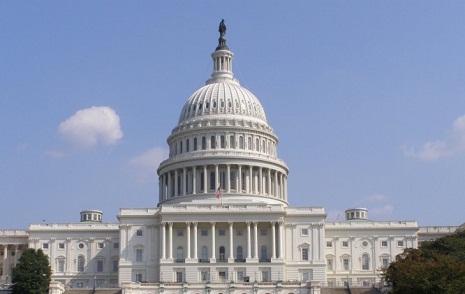“HR 93 would make it US policy not to recognize sovereignty of the Russian Federation over Crimea, its airspace or territorial waters,” he said. “It would bar any federal ban agency from action or assistance that recognizes or implies recognition of Russian sovereignty over Crimea.”
Yerdelenli also said he expresses support for the H.R. 93, the Crimea Annexation Non-recognition Act, urging to add other Russia-inspired conflicts to the list, not limit it to Crimea.
“It all started with the Russian-backed aggression by Armenia against Azerbaijan in the Nagorno-Karabakh region, continued with Russian-backed separatism in Abkhazia and South Ossetia regions of Georgia, and Transnistria region of Moldova,” he further noted. “They happened long before Crimea. Then came puppet "separatists" of the "Donetsk People`s Republic" and "Lugansk People`s Republic."
Yerdelenli said it is not too late to expand the HR 93, which will strengthen it and garner support from many more stakeholders.
The conflict between the two South Caucasus countries began in 1988 when Armenia made territorial claims against Azerbaijan.
As a result of the ensuing war, in 1992 Armenian armed forces occupied 20 percent of Azerbaijan, including the Nagorno-Karabakh region and seven surrounding districts.
The two countries signed a ceasefire agreement in 1994. The co-chairs of the OSCE Minsk Group, Russia, France and the US are currently holding peace negotiations.
Armenia has not yet implemented four UN Security Council resolutions on the liberation of the Nagorno-Karabakh and the surrounding regions.
More about:















































